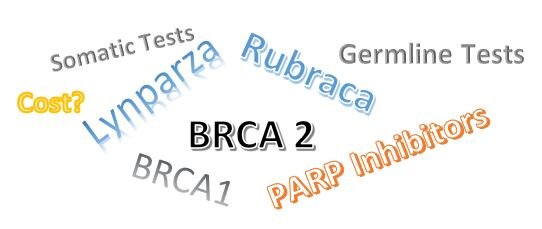Having positive lymph node metastasis (LNM or pN1) after a radical prostatectomy (RP) to treat prostate cancer is a poor prognostic indicator. Knowing what the next best course of treatment is if you are in this situation remains questionable. To begin to understand and better answer this problem a group of researchers performed a comparative analysis of three of the current management strategies for men with positive lymph nodes after RP.
Comparing the Efficacy of the Treatment Options of Metastatic, Castration-Resistant, Docetaxel-Resistant Prostate Cancer
Dealing With Liver Metastases
There is an ongoing conversation in an Advanced Prostate Cancer support group which we participate in where there has been a discussion about some individuals’ experience in dealing with liver metastases (Mets). The main take away from this conversation is that if you do develop liver metastases you should ask your doctor about adding Carboplatin to Taxotere Chemotherapy.
Taking Zytiga At A Lower Dose With Food
Since abiraterone acetate (Zytiga) was approved for men with metastatic prostate cancer, it is well known that taking the drug with food in your stomach as opposed to having an empty stomach enhances the amount of drug that becomes active. Given the very high cost of Zytiga, many men have been tempted to take fewer pills along with a meal.
The Truth About the Treatment of Non-metastatic Castrate Resistant Prostate Cancer
Role and Precautions About to the Use of Bisphosphonate Drugs
Using Chemotherapy in Older Men with Prostate Cancer Is Possible
Does Enzalutamide (Xtandi) Increase the Risk for Seizures?
The Difference Between an Agonist, an Antiandrogen and an Antagonist in ADT?
Metformin Might Reverse Prostate Cancer Resistance to Enzalutamide
Apalutamide (Erleada) Added to the NCCN Prostate Cancer Guidelines
Warning - A Possible Danger - Xofigo in Combination with Zytiga and Prednisone
Questioning the Wisdom of Combined Androgen Therapy
One of the questions that often come up is how long a man should use an antiandrogen drug like Casodex along with a GnRH agonist like Lupron or Zoladex? There is no question that an antiandrogen needs to be used before the first dosage of the agonist (Lupron), but should the antiandrogen be stopped or should it be continued along with the agonist (combining an antiandrogen along with the GnRH agonist is often referred to as a combined androgen blockade)?






